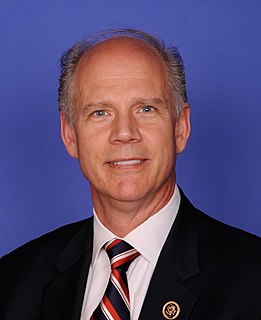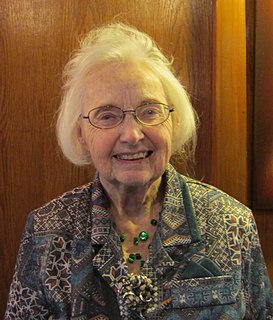A Quote by Thomas Jefferson
The care of every man's soul belongs to himself. But what if he neglect the care of it? Well what if he neglect the care of his health or his estate, which would more nearly relate to the state. Will the magistrate make a law that he not be poor or sick? Laws provide against injury from others; but not from ourselves. God himself will not save men against their wills.
Related Quotes
That which is common to the greatest number has the least care bestowed upon it. Every one thinks chiefly of his own, hardly at all of the common interest; and only when he is himself concerned as an individual. For besides other considerations, everybody is more inclined to neglect the duty which he expects another to fulfill.
One who was born in the house of a warrior, regardless of his rank or class, first acquaints himself with a man of military feats and achievements in loyalty....Everyone knows that if a man doesn't hold filial piety toward his own parents he would also neglect his duties toward his lord. Such a neglect means a disloyalty toward humanity. Therefore such a man doesn't deserve to be called 'samurai'.
The annual World Day of Prayer for the Care of Creation will offer individual believers and communities a fitting opportunity to reaffirm their personal vocation to be stewards of creation, to thank God for the wonderful handiwork which he has entrusted to our care, and to implore his help for the protection of creation, as well as his pardon for the sins committed against the world in which we live.
To say grace, knowing that people on this globe are starving, indicates a highly selfish acquiescence in the arrogantly supposed favoritism of the almighty. A really decent god-believer, far from giving thanks for the food and good health and fortune enjoyed by himself and his family and close friends, would surely curse God for his neglect of the hungry, the sick and the tormented, throughout the world.
Every one should consider himself as intrusted not only with his own conduct, but with that of others; and as accountable, not only for the duties which he neglects, or the crimes that he commits, but for that negligence and irregularity which he may encourage or inculcate. Every man, in whatever station, has, or endeavours to have his followers, admirers, and imitators, and has therefore the influence of his example to watch with care.
I believe that the unity of man as opposed to other living things derives from the fact that man is the conscious life of himself. Man is conscious of himself, of his future, which is
death, of his smallness, of his impotence; he is aware of others as others; man is in nature, subject to its laws even if he transcends it with his thought.
Since the whole city has one end, it is manifest that education should be one and the same for all, and that it should be public, and not private - not as at present, when every one looks after his own children separately, and gives them separate instruction of the sort which he thinks best; the training in things which are of common interest should be the same for all. Neither must we suppose that any one of the citizens belongs to himself, for they all belong to the state, and are each of them a part of the state, and the care of each part is inseparable from the care of the whole.
Leto turned a hard stare at Kynes. And Kynes, returning the stare, found himself troubled by a fact he had observed here: This Duke was concerned more over the men than he was over the spice. He risked his own life, and that of his son to save the men. He passed off the loss of a spice crawler with a gesture. The threat to men's lives had him in a rage. A leader such as that would command fanatic loyalty. He would be difficult to defeat. Against his own will and all previous judgements, Kynes admitted to himself: I like this Duke.
































